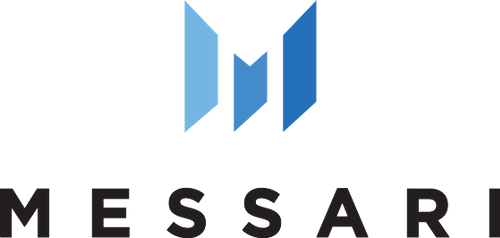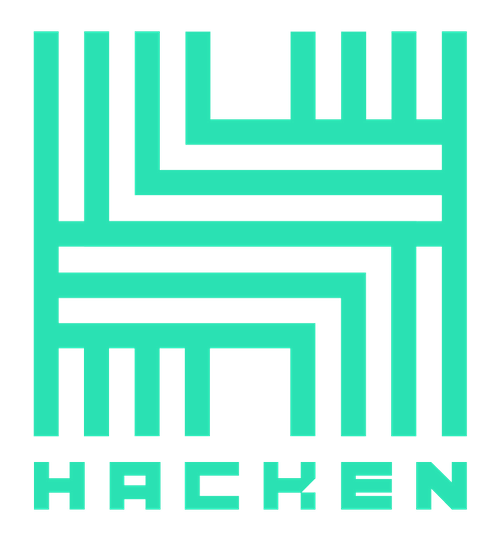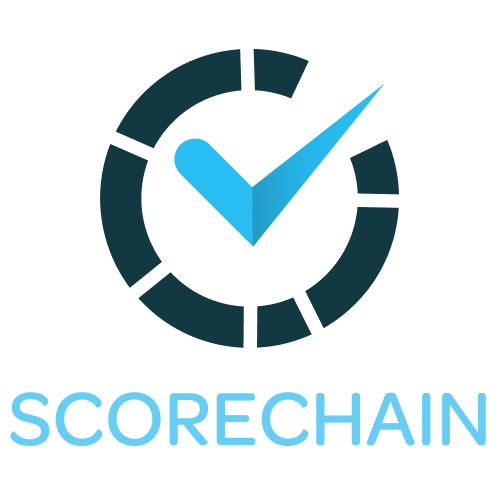Blockchain
Week
VENUE FOR 2025
Le carroUsel
du Louvre

Share it
Let your network know you'll be joining us in the Carrousel du Louvre and they should too!
I'M ATTENDING2024 Program Tracks
Open Finance
Custody
Decentralized Finance
Macro Trends & Investments
Mass Adoption
Tech Builders
Artificial Intelligence
Scalability
Interoperability
Data management
Corporate Web3
Web3 & Luxury
Brands in Web3
Creators Economy
NFT Gaming & Metaverse
Public Policy
MiCA & European Regulations
Regulatory Trends
CBDCs
AML (Anti Money Laundering)
Enterprise Blockchain
Traceability
Payments
Infrastructure & Security
Blockchain as a Service
first 2024 Speakers announced


















.jpg)

BRANDS WHO HAVE ATTENDED

WHAT OUR
CUSTOMERS SAY
Highlights 2023
2023 welcomed 8,500+ thought leaders, innovators, and experts from around the world and demonstrated that the blockchain space is maturing. 400+ speakers joined executives and change-makers from major companies of which 61.3% were c-suite plus 400+ media and journalists.
Web3’s potential to revolutionise the way the world consumes and does business was captured, showing how brands can and are using Web3 and the metaverse. LVMH’s Franck Le Moal joined Stefano Rosso from OTB Group to talk about how LVMH launched the Aura blockchain consortium in 2021 with Prada Group and Cartier. Ebay also gave insight into how it approaches Web3, being a company that began in Web1 and has grown into Web2 and now has collectors on its platforms wanting to buy up digital items, particularly those that can enhance experiences of physical items. Blockchain discussions focused on digital finance, from institutional custody and fund management to digital finance strategies, tokenization, infrastructure, ethics, gaming, and more. The days featured prominent individuals like Ryan Selkis, Founder & CEO at Messari and Kristina Lucrezia Cornèr, Editor in Chief of Cointelegraph, alongside companies like Nasdaq, Google, Circle, Deutsche Bank, UNICEF, the World Economic Forum, and Fireblocks.
The proceedings and significant executive level participation from these prominent companies demonstrated the range and impact of the industry, from seeing increased institutional demand for digital assets to networking banking fueling the future of payments, Circle announcing France would become the base of its European regulator operations, and F1 star Pierre Gasly explaining his experienced being the first F1 drive to do an NFT drop. ConsenSys founder Joe Lubin further highlighted the importance of decentralized networks in traditional finance and talked about how the talent diversity in Web3 makes it resilient, while Reddit CEO Steve Huffman covered the surge in blockchain.










.svg)











.png)



.png)


.png)




.png)




.svg)

.svg)



.png)
.png)

.jpg)

.svg)

.png)


.png)



.jpg)

.png)










.svg)

.png)



.png)

.png)












.png)
.png)










%20(1).jpg)


.png)










.png)
.png)


.png)









.png)

.jpg)




.png)



.png)
.png)





.svg)



.svg)
.png)











.svg)


.png)





















.png)


.png)





.jpg)











.png)
.png)


%20(1).png)





































.png)
%20(3).png)




.png)
.jpg)



-2%20(1).png)
%20logo-03.jpg)


.png)





%20(1).png)














%20(1).png)


.png)
.png)




.png)













.png)








.png)





.png)













_dark.png)





























.png)





%20(1).svg)
.png)
.png)















.svg)








.png)
















































































































